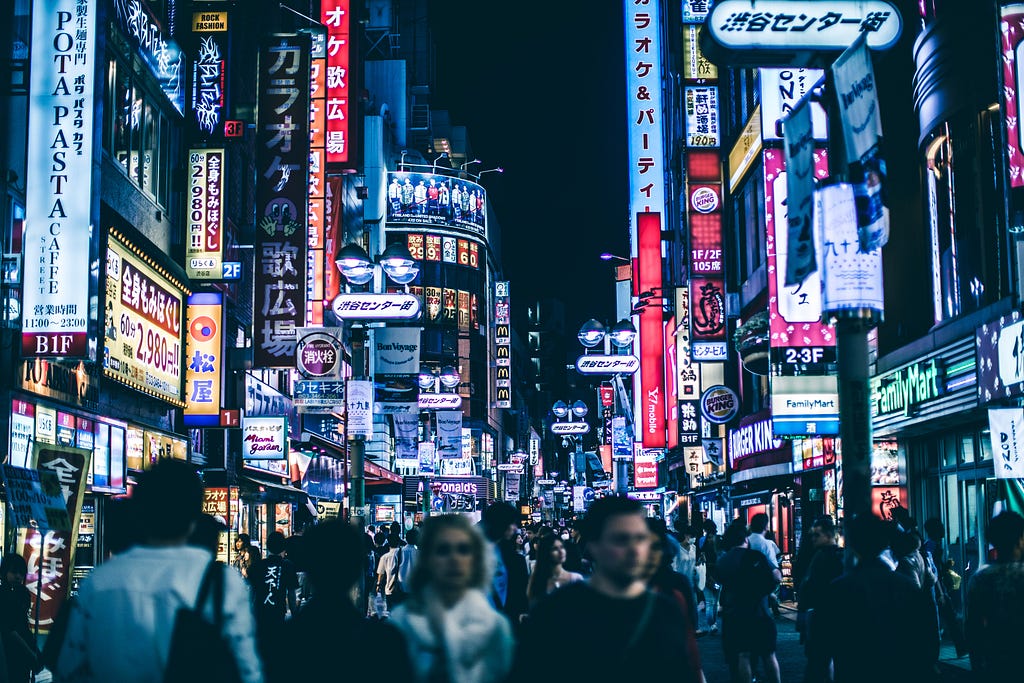Latest news about Bitcoin and all cryptocurrencies. Your daily crypto news habit.

“Cities are built up over time from an infinity of small acts. They do not function like well-oiled machines but present complex organisms that are shaped by geographies, social milieus and inhabitants… In theory, smart city solutions can improve citizen participation and co-determination through open data and real-time participation technology.” — Leona Lynen, Berlin-based city researcher and Circular Economy Program Manager at CRCLR.
The Internet of Things already improves the lives of us all. From connected cars to smart home environments, the increased convenience and advanced abilities derived from IoT solutions come as a welcome development throughout the world.
But what about the myriad of challenges facing today’s overcrowded cities? Will IoT provide the solution?
The short answer is: Yes!
As smart city planning matures, it becomes clear that the metropolis of the future will run much more efficiently than today’s urban environments, thanks to IoT. As Lynen’s quote demonstrates, the complexities involved in organizing cities are made even more challenging by the fact that communities evolve slowly, starting out small and eventually growing into today’s massive urban landscapes.
Currently, 55% of the world’s population lives in cities, while this number is expected to increase to 66% by 2050. This urbanization, combined with the rise in overall population, is projected to add 2.5 billion people to cities by 2050, according to the United Nations. This massive growth demands a smart response. And smarter, more connected citizens will be an integral part of the solution.
For smart cities to be capable of effectively communicating with everyone, a sophisticated infrastructure of connectivity must be developed. Enhancements to Wi-Fi, mobile, and fixed broadband networks will allow people to be connected to the internet at all times, which will lay the groundwork for comprehensive crowd-sourced data to be collected. This information can be used in a wide range of applications to improve the daily lives of city-dwellers, including advancements in emergency response, public safety, traffic flow, parking administration, pollution reduction strategies, and power consumption management.
Smart cities aim to solve the many challenges that exist in urban life. To accomplish this massive feat, citizens are one of the key components of a viable solution. And if we want everyone to help, we need to improve connectivity, thereby making it possible to utilize data from all people to make our cities safer, cleaner, smarter, and more enjoyable to inhabit.
Written by Igor Ilunin, head of IoT at DataArt.
Smart Cities form Social Benefits and Smarter Citizens was originally published in Hacker Noon on Medium, where people are continuing the conversation by highlighting and responding to this story.
Disclaimer
The views and opinions expressed in this article are solely those of the authors and do not reflect the views of Bitcoin Insider. Every investment and trading move involves risk - this is especially true for cryptocurrencies given their volatility. We strongly advise our readers to conduct their own research when making a decision.